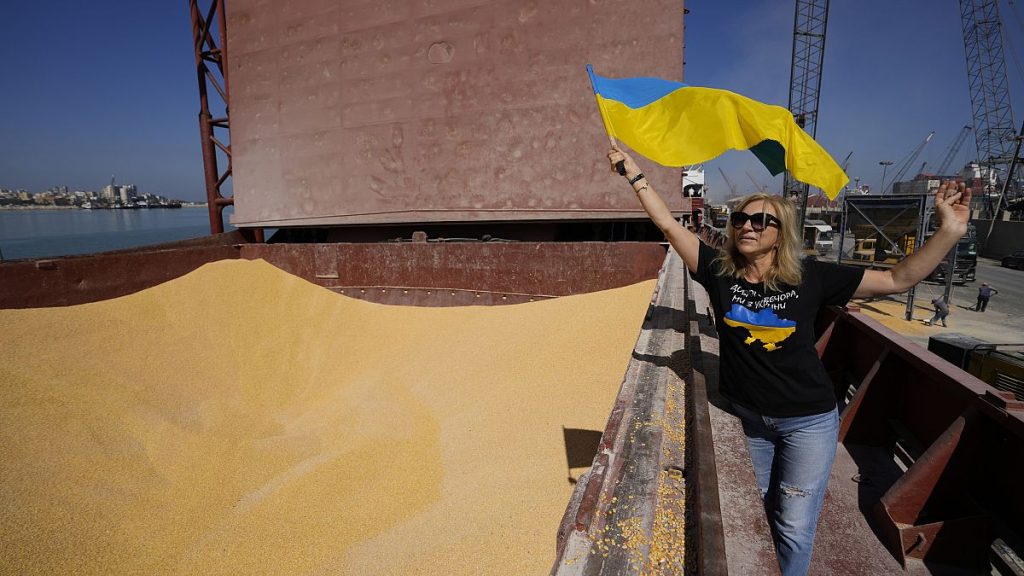Lawmakers have reached a political agreement to extend the free trade scheme with Ukraine for another year, adding “emergency brakes” for sensitive agricultural products following protests by farmers. The trade liberalization measure, which temporarily suspended all tariffs and quotas on Ukraine’s agricultural exports after Russia’s invasion, is set to expire in June. The extension up to June 2025 is contingent on approval from EU ministers and the European Parliament, who must green light the compromise reached in negotiations on March 20th.
A key point of contention in the negotiations was the automatic safeguard mechanism designed to protect domestic sectors from increased imports due to the free trade scheme. Lawmakers agreed to extend safeguards to include additional commodities beyond what was originally proposed by the commission in January. The commission will be allowed to reintroduce tariff-rate quotas if imports of these commodities exceed certain thresholds. The timeframe for the commission’s response to trigger the emergency brakes was also shortened from three to two weeks in the case of import surges, further bolstering protections for EU farmers.
The agreement reached between MEPs and the Belgian presidency of the EU Council addresses concerns from the agricultural sector, particularly in light of Russia’s targeting of Ukraine and its impact on food production. The clock is now ticking for the approval of the new measures so that they can come into effect immediately after the expiration of the previous suspension. While the EU ambassadors were expected to approve the outcome, the vote was postponed as member states needed more time to assess the text agreed upon, with some diplomats suggesting a minority block may threaten to torpedo the agreement.
Despite the potential risks, the committee on international trade has approved the agreement, aiming to send a clear signal of support to Ukraine. If the EU Council approves the text as agreed, MEPs could give their final go-ahead in the parliament’s last plenary in April. There is hope and confidence that the support measures will be adopted in the near future, according to EU trade Commissioner Valdis Dombrovskis. While discussions in the Council are ongoing, there is caution not to rush ahead, remaining vigilant about potential challenges to the political deal.
Overall, the political deal to extend the free trade scheme with Ukraine and implement emergency safeguards for agricultural commodities reflects a balance between supporting Ukraine and protecting EU farmers. The negotiations between lawmakers, the commission, and the EU Council have addressed concerns from various stakeholders and are aimed at ensuring a fair and sustainable trade relationship. The upcoming approvals from EU ministers and the European Parliament will be crucial in determining the trajectory of the free trade scheme extension and its impact on both Ukraine and the EU agriculture sector.


